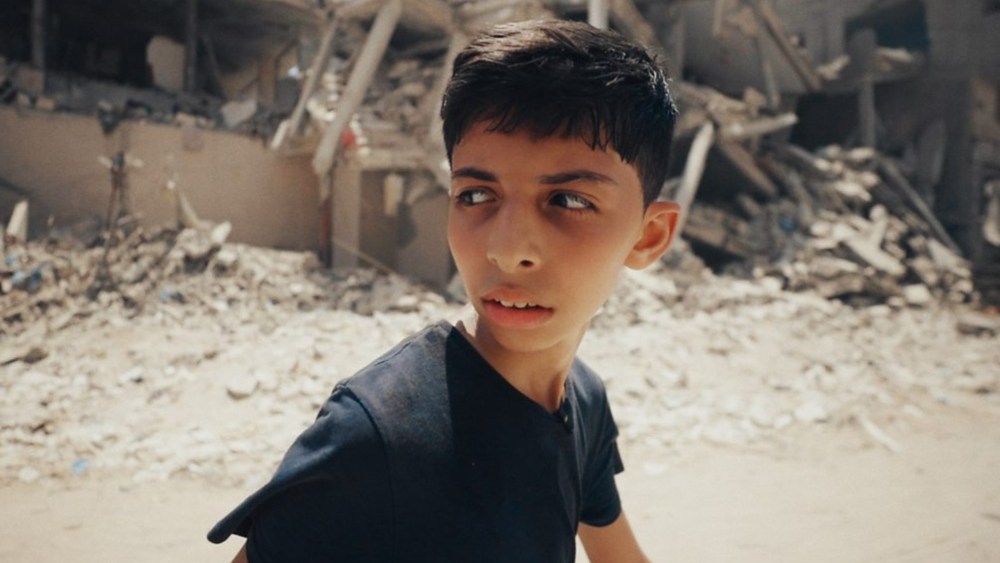The BBC has acknowledged a significant editorial failing in its documentary “Gaza: How to Survive a Warzone” after an independent review found the broadcaster violated its own accuracy guidelines by failing to disclose that the 13-year-old narrator’s father held a position within the Hamas-run government.
The documentary, produced by independent company HOYO Films, aired on BBC Two and BBC iPlayer in February before being subsequently removed from the streaming platform. The comprehensive review, published Monday, examined over 5,000 documents and 150 hours of filmed material from the 10-month production period.
Peter Johnston, director of editorial complaints and reviews, concluded that while the program breached editorial guideline 3.3.17 on accuracy for misleading audiences, there were no other violations of BBC guidelines, including impartiality standards. The review found no evidence that outside interests “inappropriately impacted on the program.”
“Regardless of how the significance or otherwise of the narrator’s father’s position was judged, the audience should have been informed about this,” Johnston’s report stated, describing the background information as “critical.”
BBC director-general Tim Davie said: “Peter Johnston’s report identifies a significant failing in relation to accuracy in this documentary. I thank him for his thorough work and I am sorry for this failing. We will now take action on two fronts – fair, clear and appropriate actions to ensure proper accountability and the immediate implementation of steps to prevent such errors being repeated.”
The review determined that three members of HOYO Films knew about the father’s position when the program first aired, but no one at the BBC was aware of this information at the time. While the production company bears primary responsibility for the oversight, the BBC also shares blame for insufficient editorial checks.
HOYO Films issued a statement taking the findings “extremely seriously” and apologizing for the mistake, while noting they were pleased the report found no evidence of inappropriate third-party influence on the documentary’s content.
BBC News CEO Deborah Turness acknowledged the “significant mistake” while emphasizing the importance of the stories being told. “At the heart of this program were powerful and important stories that need to be told,” she said.
The BBC has implemented an action plan including new editorial guidance on narrator scrutiny for contested current affairs programs, enhanced editorial controls with “First Gate” and “Final Gate” processes, and the creation of a new director role for long-form news content.
The broadcaster confirmed it has no current or future planned commissions with HOYO Films but is exploring the possibility of re-editing and re-versioning shorter films from the documentary for archive on iPlayer.


